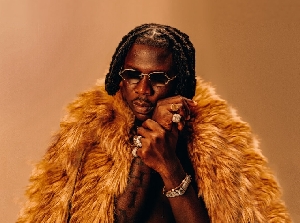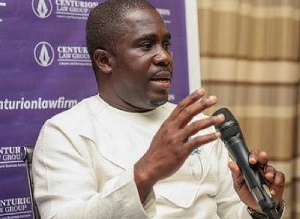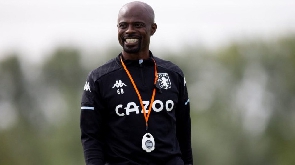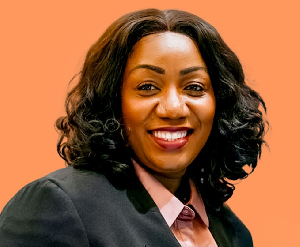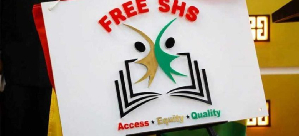I was born and partly raised in that heartland of the country, and so I pretty much know how things work in the political culture of the Asante Region and Kingdom. My presumption has always been that being of bona fide Asante stock and descent, at least going by his name, Mayor Kwadwo Bonsu would perfectly understand better not to rudely step on the toes of Nananom, let alone the Asanteman Council, composed of the traditionally invested custodians of the land (See “Our Decision on Kumasi Mayor Irreversible – Asanteman Council” Classfmonline.com / Ghanaweb.com 7/5/16).
Indeed, when I first heard about him, my gut reaction was that Kwadwo Bonsu was very likely the product of a sweetheart deal struck between the Asantehene, Otumfuo Osei-Tutu, II, and President John Dramani Mahama. But when your last name is Bonsu, the Imperial Overlord of the Atlantic, but your first name is spelled “Kojo,” as in Kwamena Ansah, and not “Kwadwo,” then you ought to know that it is only a matter of time before the bottom falls out, in the poetic riffs of the immortalized Prophet Robert Nesta Marley.
I haven’t been studiously following his executive antics for quite a while now, but one thing that has always been uncomfortably clear to me is that Mayor Bonsu does not behave like a bona fide son of the sacred soils of Oseikrom; rather, he has been known to have often behaved like an Afropean agent of the faux-socialist government of the so-called National Democratic Congress (NDC), presently camped inside the Kufuor-reconstructed Flagstaff House. I vividly remember that when the latter edifice was officially opened for occupancy in the waning days of the second term of a lame-duck President John Agyekum-Kufuor, his immediate successor called it a luridly extravagant contraption that deserved to be converted into a chicken coop to make it more economically cost-effective.
And then the man who literally proscribed the sanctity of the Jubilee-Flagstaff House suddenly expired, some say by the hand of his own arch-lieutenant, and then a characteristically impudent NDC presidium wanted to bury the mortal remains of their sardonic Prince-of-Peace under the eaves of this same chicken coop.
At any rate, Mayor Bonsu makes a very strong case for the imperative need to having all our metropolitan, municipal and district chief executives directly elected by the people over whom they claim their authority to govern. It would also be democratically progressive to have our regional ministers also popularly elected. This is what the likes of Mr. Kofi Annan, the Chancellor of the University of Ghana and former United Nations Secretary-General, mean when they talk about the need for the equitable distribution of power in a democratic postcolonial Ghanaian society. That way, the popular belief is that democracy would come to be more realistically and justifiably envisaged as “a government of the people, by the people and for the people.”
Indeed, had Mayor Bonsu been directly elected by the people of Kumasi, rather than being appointed by the Bole-Bamboi petty chieftain resident at the Flagstaff House, he would have promptly responded to the summonses issued him by Nananom of the Asanteman Council to opportunely facilitate the easing of the veritable impediment which constructional activities at the Kejetia Lorry Terminal had reportedly wreaked on travelers and commuters and residents.
Still, what is uniquely beautiful about Asanteman is that government appointee or not, when Nananom decide that it is time to pick up bag and baggage and move on, as they have had enough of you, or whoever the subject may be, no amount of pleading, or pleas and appeals, or number of Flagstaff House-dispatched delegations is apt to make a difference. Indeed, as Nana Kwadwo Arhin (Ahene?), II, the Mentiahene of Manhyia, poignantly put it: “A government appointee has primary obligation to the Afropean government in Accra, but we (Nananom of Asanteman’mu) have a bounden obligation to the people of Oseikrom and Asantemanso.”
The preceding strikingly echoes the riddle of that ancient Akan drum-script about the preeminent antiquity of the river crossed by the man-made path. Mayor Bonsu has unwisely taken sides with the path-maker, and so he must swim with the whales… or the crocodiles, maybe?
*Visit my blog at: kwameokoampaahoofe.wordpress.com Ghanaffairs
Opinions of Sunday, 10 July 2016
Columnist: Okoampa-Ahoofe, Kwame
And so Kwadwo Bonsu is history
Entertainment
